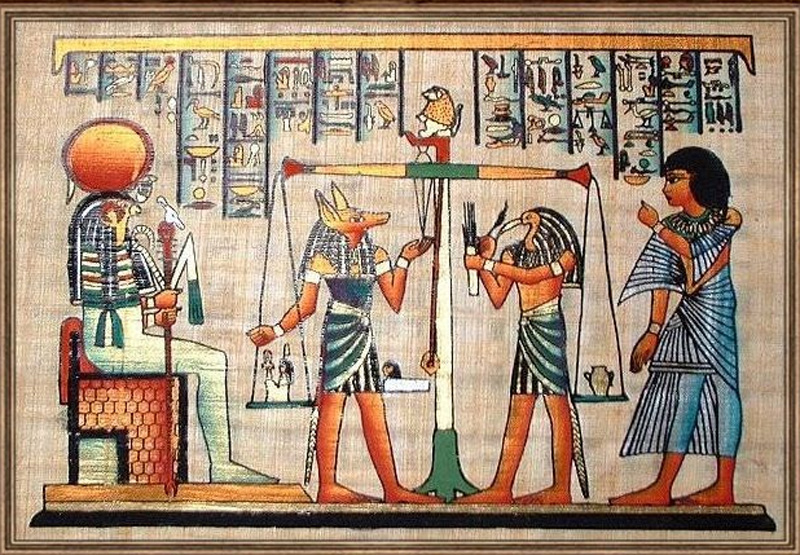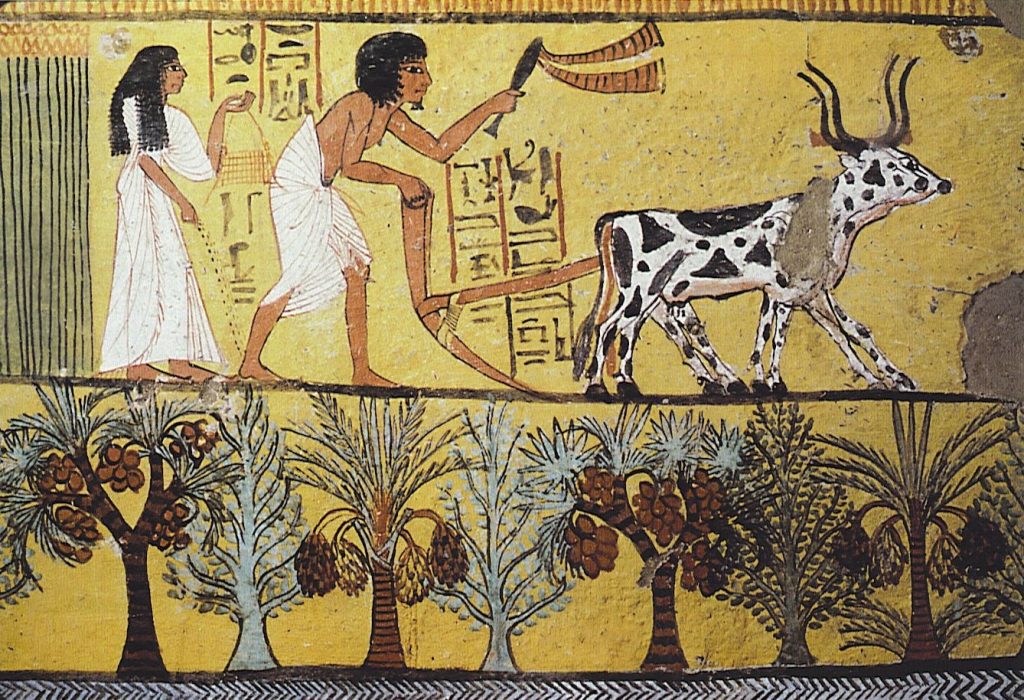Curiosities
Ancient Egypt was one of the most developed civilizations in the history of mankind. Not only did Ancient Egyptians build some of the most spectacular pyramids that date back thousands of years, but they were also medically advanced, knew a thing or two about the afterlife, and created one of the most complex writing systems in the world. But that is only the tip of the iceberg! Here are 8 fascinating facts about Ancient Egyptians even historians don’t know about.
Egyptian women
Egyptian women had all types of freedom back in the day – more than ‘modern’ women had a hundred years back! Egyptian women didn’t depend on anyone and owned their personal property. Inside the family, the land was passed on from mother to daughter, and men were rarely involved. Egyptian women could choose their husbands freely and apply for divorce. They could also get married for the second time if they wanted to. A type of prenuptial agreement was practiced during those times – it listed all the goods and properties a woman owned before getting married and guaranteed that in the event of the divorce she would be compensated for everything.

Traveling
Unlike many people of their time, Ancient Egyptians didn’t like traveling much. They believed that if they died on foreign land their soul wouldn’t pass on and may get stuck somewhere in-between this world and the afterlife. That’s why they mostly stayed in Egypt, knowing that if they got buried in the sacred Nile Valley with all the necessary ceremonies, they wouldn’t have to worry about anything in the afterlife.

Work equality
Men and women could have the same jobs. Of course, most women were housewives, but they could still work if they wanted to. They could be involved in making flour or sell goods in different shops. Egyptian women of noble descent had more possibilities – they could get an education and apply for higher ruling positions. They also became doctors and priestesses in the temples of local deities. Some of them even became pharaohs!

Hygiene
Ancient Egyptians took very good care of themselves and paid special attention to hygiene. People from lower castes bathed in the waters of the Nile, while noble people and royalty had personal bathrooms installed in their homes. Water to those bathrooms was brought from the Nile by servants. They didn’t have soap or shower gel like we do today, but they used something even better – a mixture of different salts called natron.

Beauty
Ancient Egyptians appreciated beauty more than anything and spent hours on various beauty treatments. It was common for Ancient Egyptians, both men and women, to shave their entire bodies from head to toe. But they covered their shaved heads with special wigs made from human or horsehair. Some women chose to keep their natural hair and used all kinds of extensions to make it more beautiful. Henna was used to die hair, especially when gray hair started to appear.

Shoes and feet
Not many could afford shoes in Ancient Egypt. It was nothing but luxury. Most common people just walked everywhere barefoot, while noblemen and royalty sometimes wore specially made shoes. Still, most of them were walking barefoot inside their homes, so a lot of attention was paid to the health and beauty of feet. People even did pedicure for a living and it was a much-respected profession.

Food
Ancient Egyptians mostly consumed fruits and vegetables as they were the easiest to obtain. They didn’t eat meat very often as it spoiled too quickly in the hot climate, so it was consumed during holidays and special festivities. Beer was the most common drink enjoyed by many, including nobility and royalty. Common people didn’t have the means to obtain wine, but it was quite popular among wealthy people. Many historians believe that a diet of bread, beer, and wine caused many pharaohs to gain extra weight, contrary to the drawings we see on the walls of pyramids.

The pyramids
It’s a common myth that the spectacular Egyptian pyramids were built by slaves, but historians now think it’s a hoax. Burials found nearby show that the life of a pyramid builder was, indeed, uneasy – they suffered from all kinds of ailments and diseases. Tombs found near the pyramids of Giza reveal that the laborers were buried respectfully in accordance with all ceremonies. No ordinary slave would be buried in such a prominent place near the pyramids and pharaohs. Most likely they were skilled laborers or seasonal workers, who had free time outside of their field duties.

